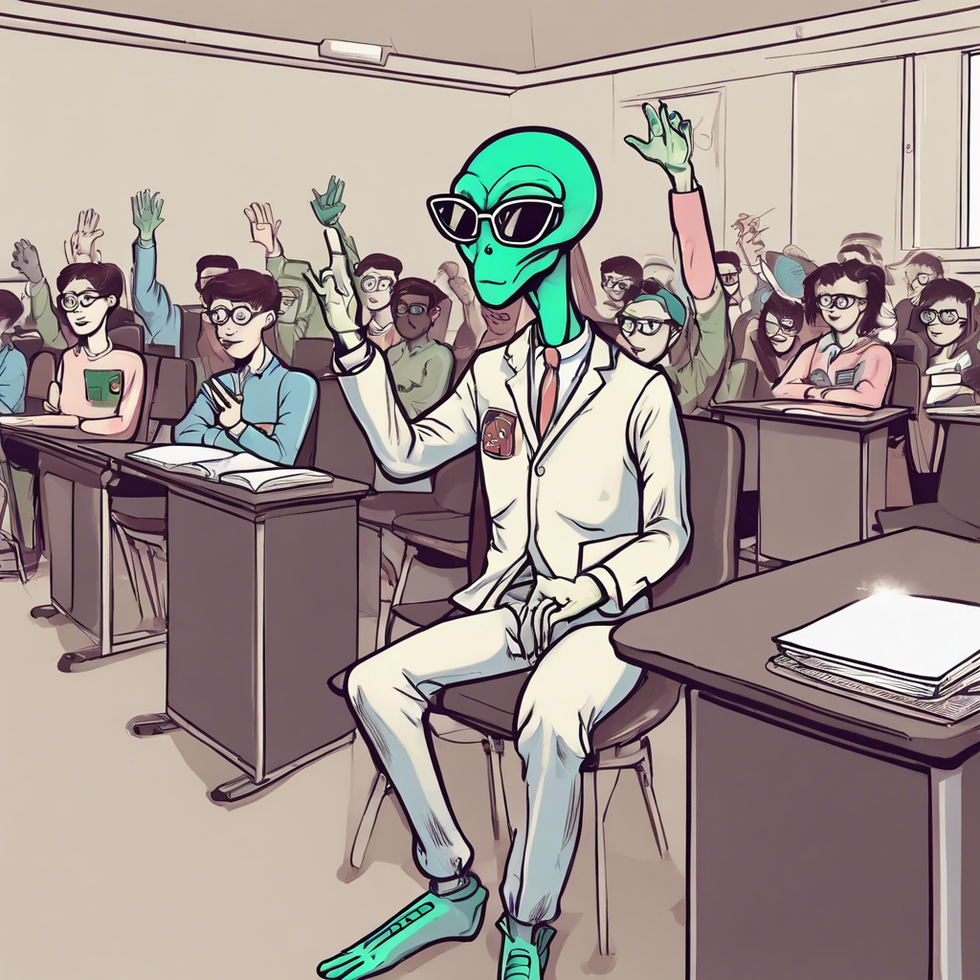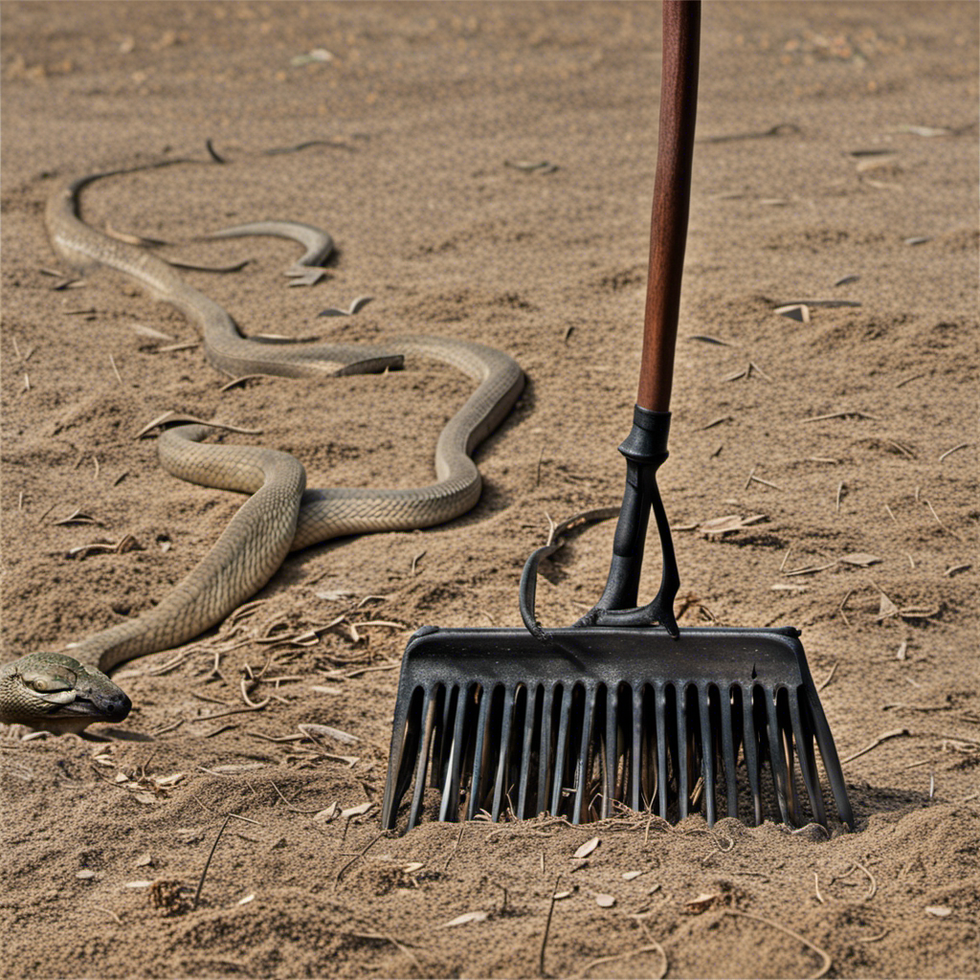Natural medicine is a system that uses many different therapeutic or preventive medical care practices such as homeopathy, naturopathy, chiropractic, and herbal medicine. Alternative medicine can also be referred to as traditional, naturopathic, natural or holistic medicine.
Proponents of alternative berryjaga medicine are not refuting the validity of discoveries in and the practical uses of conventional medicine, but are merely trying to put some things into perspective. Due to the widespread fascination with natural medicine along with the disappointment and disenchantment with Western medicine, many individuals, especially in the United States and Europe, where conventional medicine has taken a dominant foothold, are seeking the advice and treatment from naturopathic physicians.
These practitioners include herbalists, acupuncturists, naturopaths, chiropractors, and others, who advocate preventative health measures as well as recommend wholesome foods and nutritional berry jaga supplements for their patients and clients. Taking into consideration the growing popularity and effectiveness of alternative health treatments and products, certified and licensed professional practitioners of such medical practices should be provided with their rightful and respectful invest medical society. Natural medicine has been proven not just to be safe, but far better than Western medicine in treating many chronic illnesses such as diabetes, hypertension, asthma and many other diseases as well.
The history of Natural Medicine and its roots could be traced back 1000s of years to ancient cultures such as India and China. Ayurvedic (E. Indian) and Chinese medicine, along with their diagnostic and herbal systems, continue to be utilized in these countries extensively, as well as in the United States, especially in Europe, where alternative medicine is well respected. Chinese herbal medicine has a documented history of over 2500 years in China and is currently widely used by practitioners throughout the world. It's been legally practiced in the United States. considering that the mid-seventies by licensed acupuncturists. Homeopathy can also be a well-known kind of alternative medicine discovered in the 18th century by German physician Samuel Hahnemann but was practically stamped out in the U.S. in the late nineteenth century by the American Medical Association. In 1938, though, the U.S. Food, Drug, and Cosmetic Act finally recognized homeopathic pharmacopeia while the legal equivalent of allopathic medicine.
Another more recent and popular kind of herbal medicine, called Western herbalism, could be traced back about two 100 years in America. Samuel Thomson, born in 1769, is considered the father of Western herbalism. He discovered over sixty different medically effective native plants by clinical testing, and on the cornerstone of the findings, devised a theory of disease and botanical drug action. Randy Kidd, D.V.M., Ph.D., writes in his article entitled A Brief History of Alternative Medicine: "The history of herbal medicine is interesting because herbs have already been part of our diet and pharmacy since man began roaming the earth. Saprophytic evidence (seeds and another plant part (found in preserved fecal pellets) points to herbal use by cavemen. Early herbalists practiced their trade since before recorded history in all parts of the entire world including China, Egypt, Greece, Rome, Africa, England, the Americas, and Europe. Many herbs may also be mentioned in the Bible. Today, predicated on sheer numbers of people that use one kind of herbal medicine or another, it remains the most-used medicine worldwide."



 shiny things
StableDiffusion
shiny things
StableDiffusion
 listen to your heart
StableDiffusion
listen to your heart
StableDiffusion
 face your fear
StableDiffusion
face your fear
StableDiffusion
 olympic woman
StableDiffusion
olympic woman
StableDiffusion
 Lessons of life
StableDiffusion
Lessons of life
StableDiffusion
 Woman praying
StableDiffusion
Woman praying
StableDiffusion
 Disneys Goofy
StableDiffusion
Disneys Goofy
StableDiffusion
 love
StableDiffusion
love
StableDiffusion
 you are stronger than you think
StableDiffusion
you are stronger than you think
StableDiffusion
 kindness
StableDiffusion
kindness
StableDiffusion

 StableDiffusion
StableDiffusion StableDiffusion
StableDiffusion StableDiffusion
StableDiffusion StableDiffusion
StableDiffusion StableDiffusion
StableDiffusion StableDiffusion
StableDiffusion StableDiffusion
StableDiffusion

 StableDiffusion
StableDiffusion StableDiffusion
StableDiffusion
 StableDiffusion
StableDiffusion
 StableDiffusion
StableDiffusion
 StableDiffusion
StableDiffusion
 StableDiffusion
StableDiffusion
 StableDiffusion
StableDiffusion
 StableDiffusion
StableDiffusion

 File:Blake ancient of days.jpg - Wikimedia Commons
File:Blake ancient of days.jpg - Wikimedia Commons








